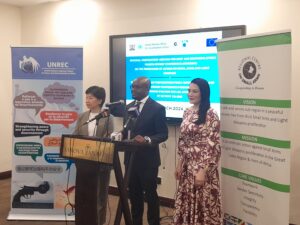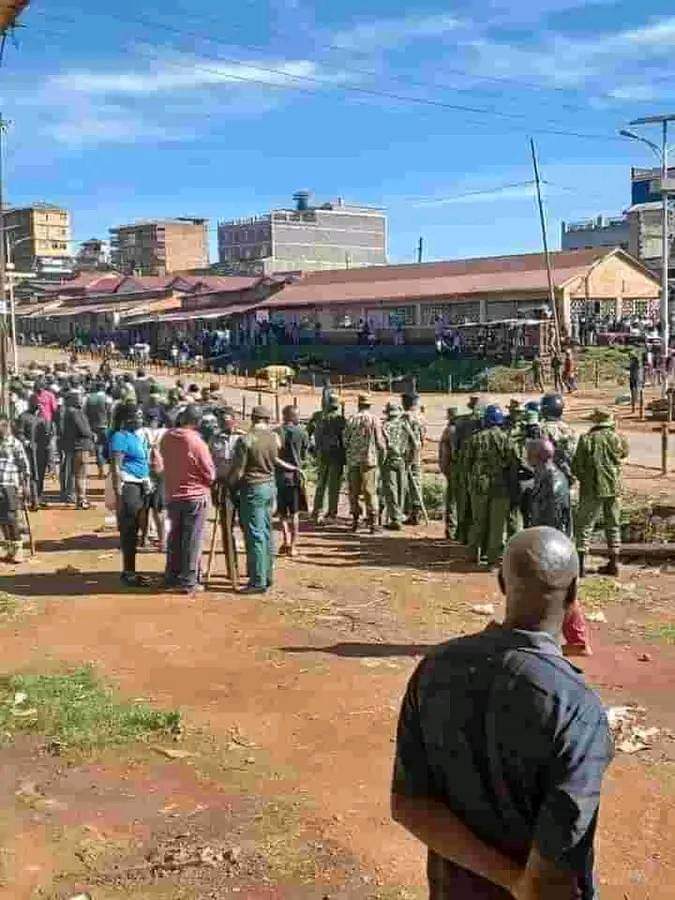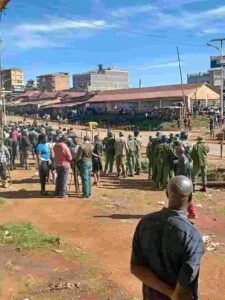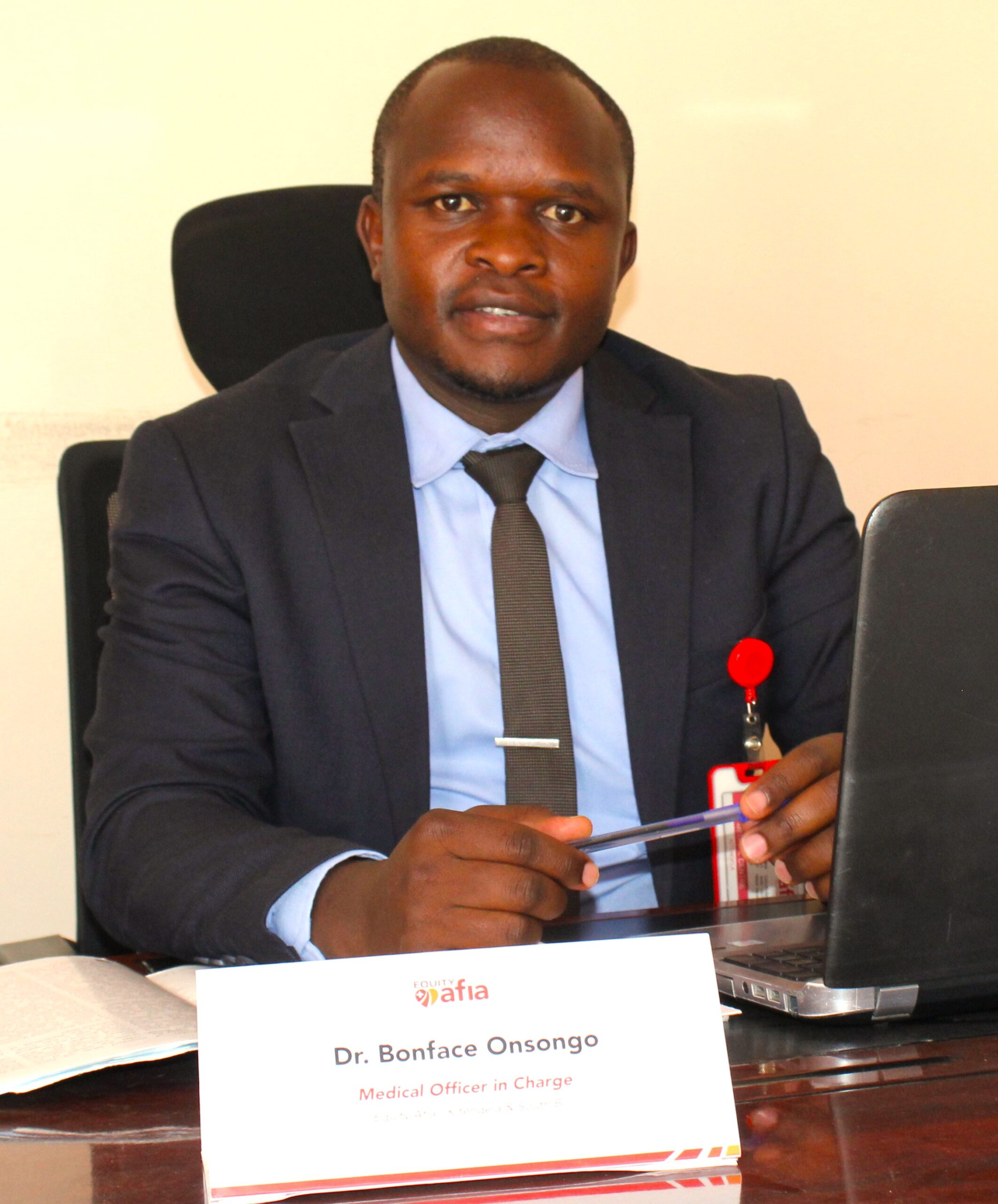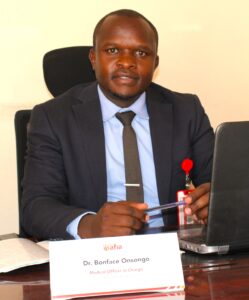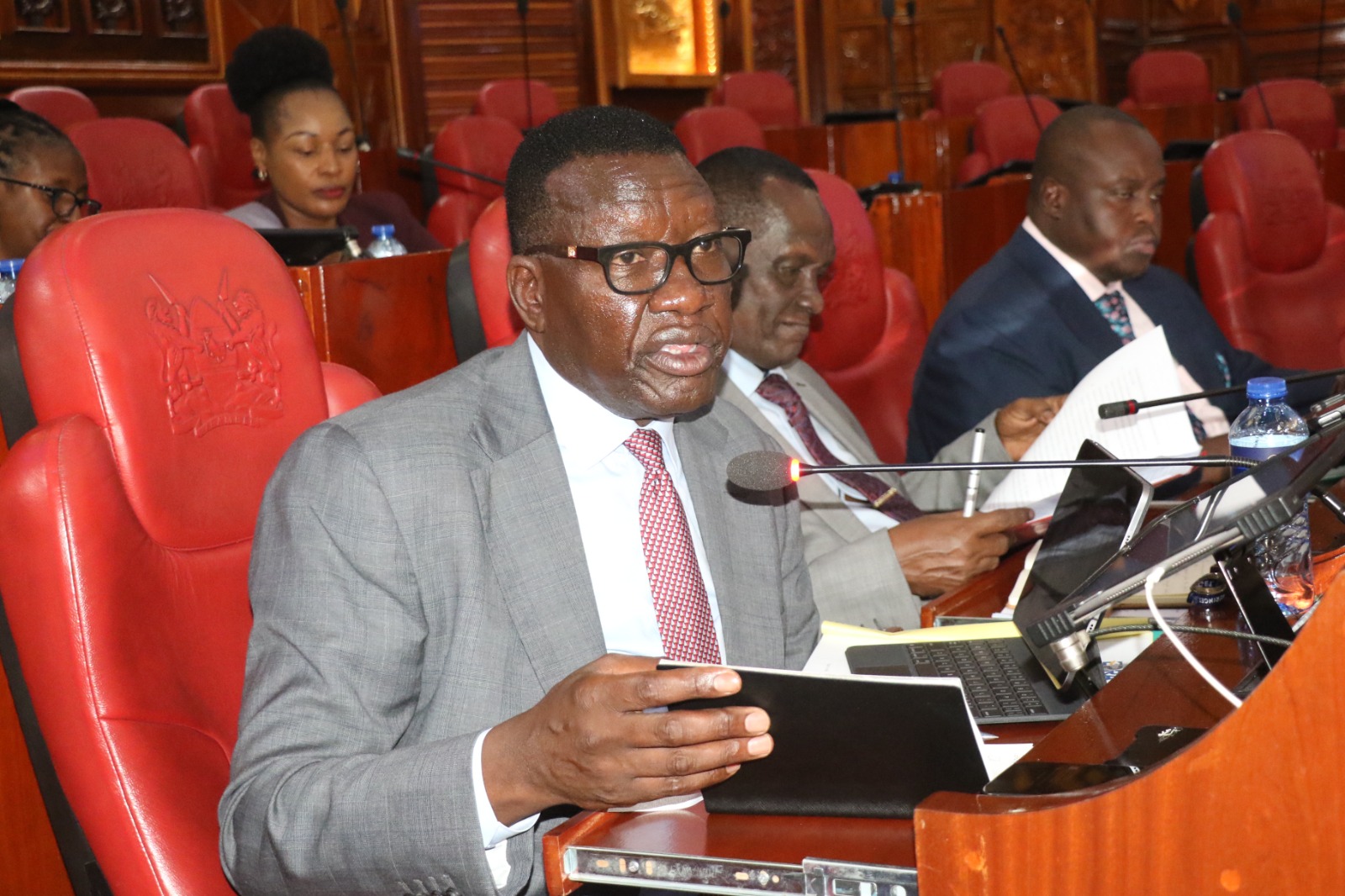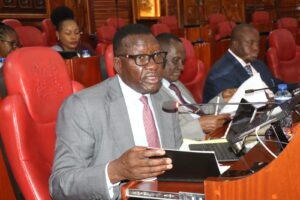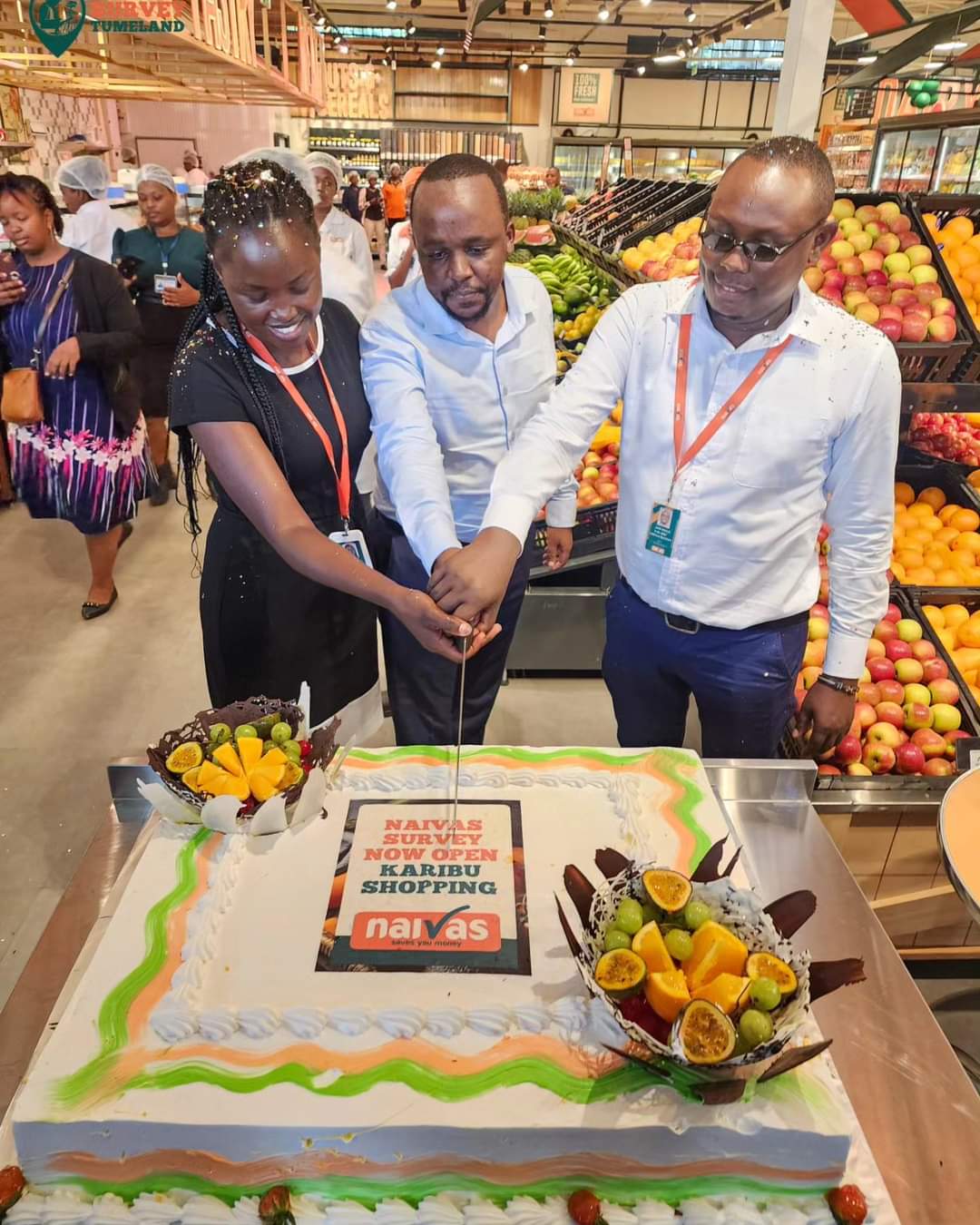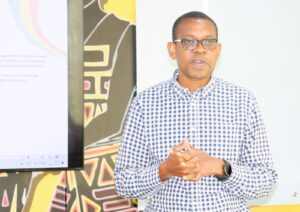The Senate Minority team on Monday, March 4th, 2024, stormed out of the Senate retreat held at the Argyle Grand Hotel in Nairobi.
The lawmakers retreated to assess their performance in the first two sessions of the 13th Parliament and draw a roadmap for the remainder of the term.
Addressing the press post-walkout, Kilifi Senator Hon. Stewart Madzayo, the Minority leader, criticized the retreat for its perceived hypocrisy within the Senate leadership.
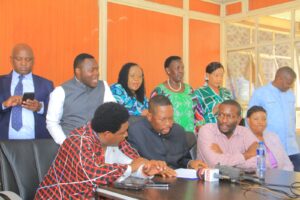
“We, the membership of the minority side have left the said retreat in protest at the hypocrisy of the leadership of the Senate and especially the open disregard of the rules of the house and contempt directed at the minority side and its leadership.’’ Hon. Madzayo recounts.
Senator Madzayo expressed concerns about the first two sessions, stating that the Speaker’s office was the primary hindrance to the proper functioning of the Senate.
“The legislative process in the Senate has completely been captured. In the first two sessions, we have seen a barrage of unconstitutional bills, all sponsored by the Kenya Kwanza regime. The Constitution under Article 96(2), requires that the House consider and debate all legislation relating to devolution, ‘’ Sen. Madzayo said.
The Minority team asserted they were denied consideration during the sessions and highlighted the lack of debate on crucial devolution bills, such as the Social Health Insurance Fund (SHIF) and the Health Promoters Bill.
“In the first two sessions, we have seen neither consideration nor debate on key bills that claw back on devolution. These include the SHIF and the Health Promoters Bill. We have seen the emergence of a phenomenon where shortcuts are taken to Fastrack government bills, limit debate on the floor, and elected leaders ask the speaker to “put the question” without any debate.’’
Furthermore, the Minority team accused various ministries of hijacking bills sponsored by their side for implementation. Hon. Madzayo specifically mentioned the frustrations faced by private members’ Bills sponsored by minority members.
“In the same breath, private member’s Bills sponsored by members of the minority have faced a myriad of frustrations, including undue delays at the pre-publication stage, publication, and processing at the committee stage, not to mention scheduling for debate.’’ Hon. Madzayo hints.
The Opposition added “Our members have also complained of outright plagiarism and hijacking of their legislative ideas by various ministries. The best example is the digital health bill initially sponsored by Senator Hamida Kibwana.”
Nairobi and deputy minority whip, Senator Hon. Edwin Sifuna emphasized the unconstitutional limitations imposed by the speakers, making oversight nearly impossible.
“Unconstitutional limitation of the representative power of members, The Speaker has made it impossible for members to present matters affecting the electorate for debate on the floor. This is done in various ways.’’ Sen. Sifuna remarked.
Sen. Sifuna added, “The speaker has repeatedly and without legal justification refused to approve questions and motions sponsored by members of the Minority.’’
However, Sen. Sifuna acknowledged the speaker’s determination to preserve the image of the regime, citing rejected motions in the last session as examples.
“In the last session, motions to censure CS Moses Kuria for his attacks on the media, the IG of police for his conduct during the opposition protests, and many others were rejected to “protect the image of the regime,” said Sen. Madzayo.
Minority Whip in the Senate, Sen. Ledama Olekina, expressed dissatisfaction, accusing the Senate of attempting to undermine debates in the house activities.
“We have also seen well-choreographed attempts to stifle debate on the floor through unequal application of the standing orders. Some Members of the speaker’s panel appear to be under instruction to allow numerous and repeated frivolous points of order whenever a member of the minority is on the floor.’’ Sen. Olekina.
The Minority leader demanded a response to all communications directed to the speaker and called for the recusal of panel members known for stifling debate. Additionally, they demanded a response to the complaint about Nominated Senator Veronica Maina’s conduct and the reconstitution of committees.
“We demand immediate recusal of members of the panel notorious for stifling debate and not applying house rules equally, response to all communication addressed to the speaker from the minority leadership, including the complaint on the conduct of Nominated Senator Veronica Maina, and reconstitution of committees.
Kilifi County oversight officer insisted on strict applications on the Senate standing orders
“We demand Strict application of the standing orders during debates without bias, as well as the speaker ruling on each point of order.’’ Sen. Madzayo demands.

